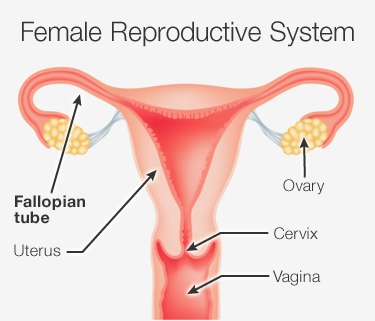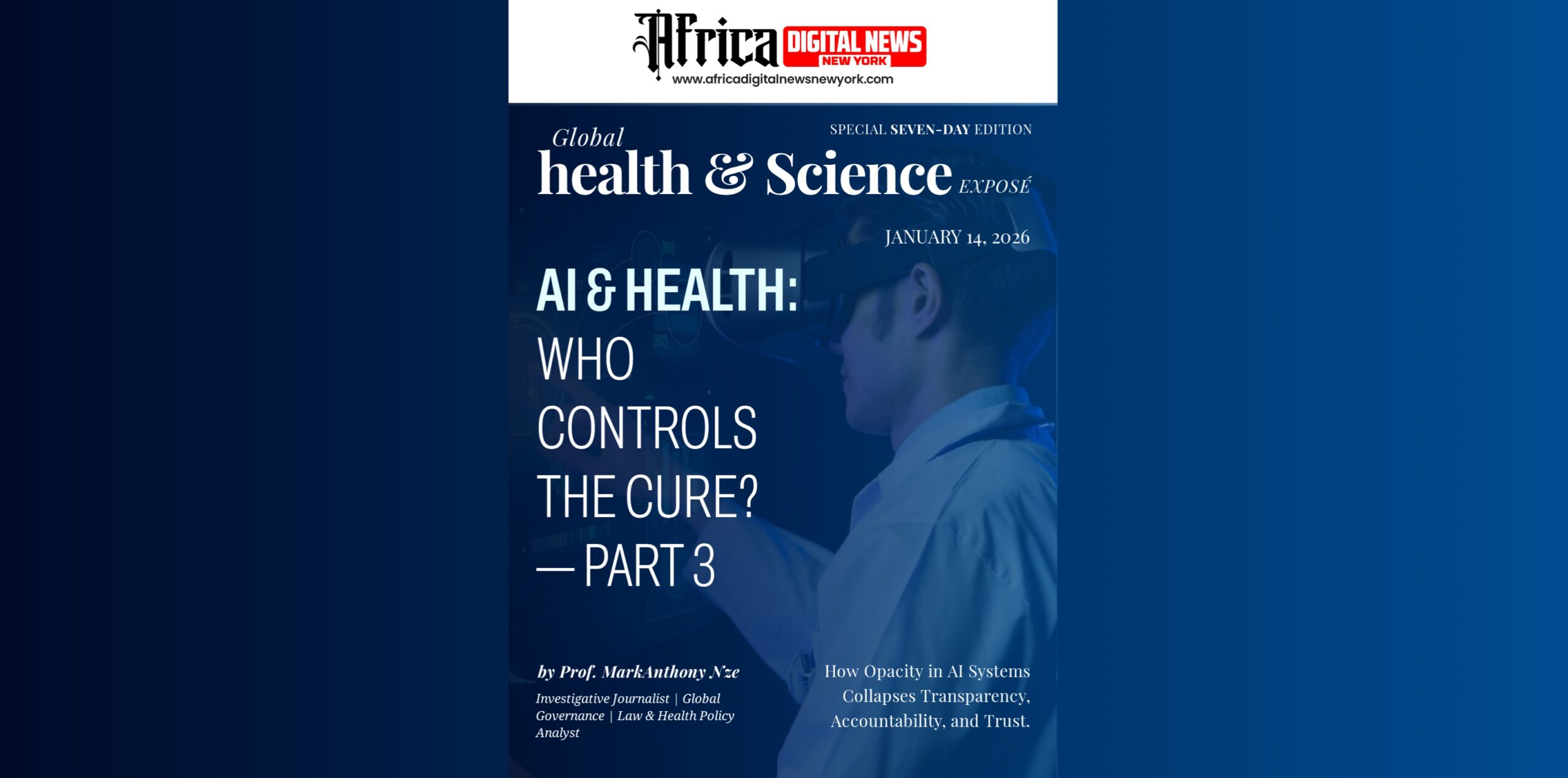
Breaking Infertility: Natural Paths For Women’s Health
“When prevention is buried, we dig.”
By Prof. MarkAnthony Nze
Investigative Journalist | Public Intellectual | Global Governance Analyst | Health & Social Care Expert | International Business/Immigration Law Professional
Executive Summary
Infertility is no longer a marginal issue; it is a defining public health challenge of the 21st century. Affecting one in six couples globally, its roots extend far beyond biology, implicating lifestyle, environment, psychology, and cultural silence. This twelve-part investigative series, Breaking Infertility: Natural Paths for Women’s Health, maps a new paradigm—one that transcends narrow biomedical fixes and instead situates fertility within a holistic ecosystem of …







